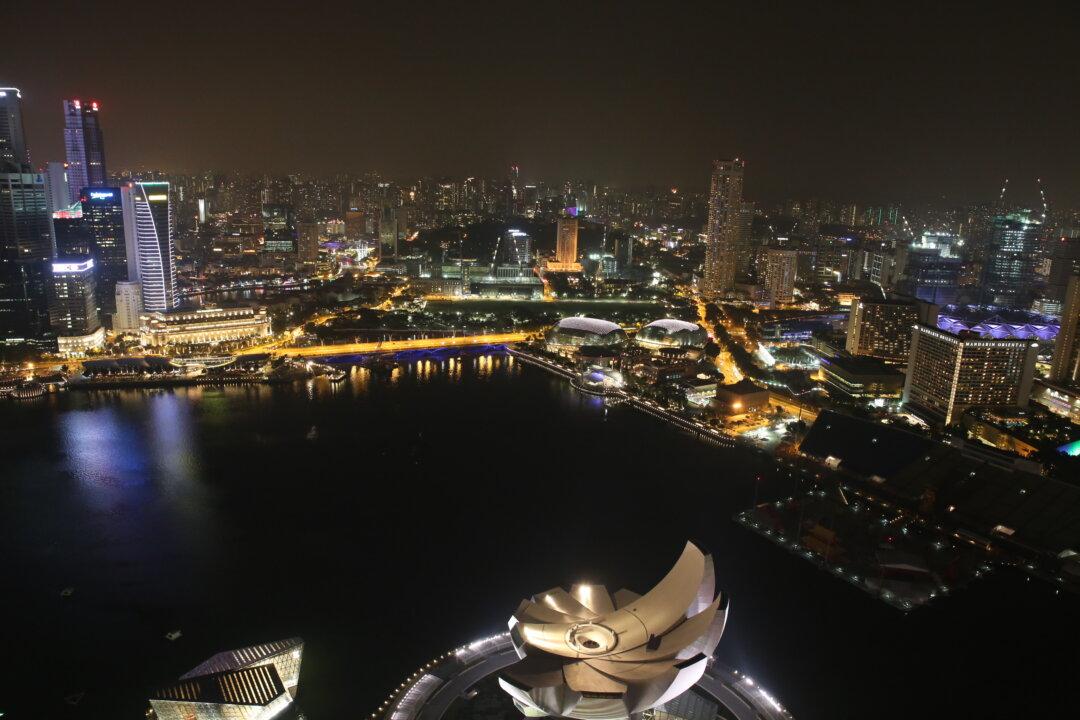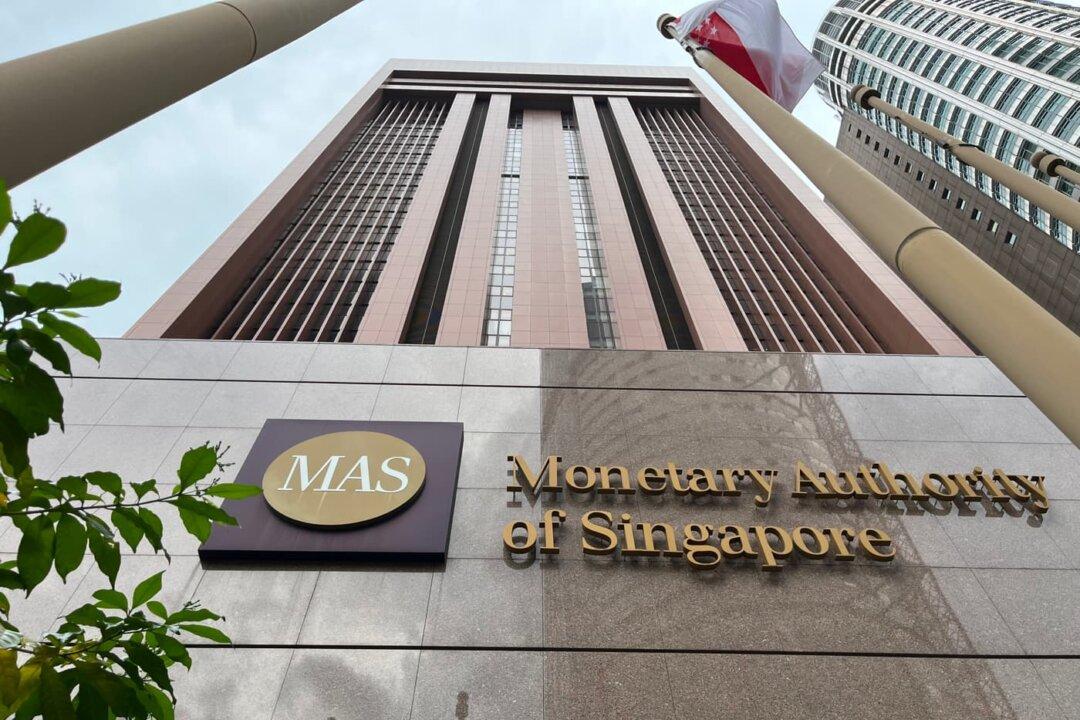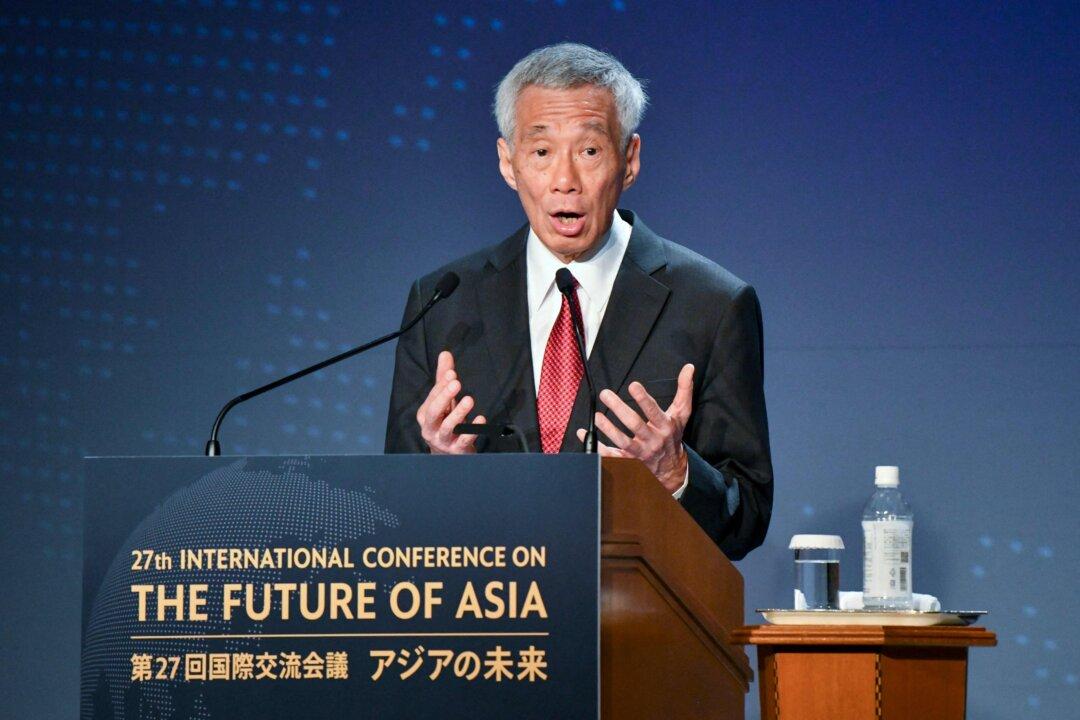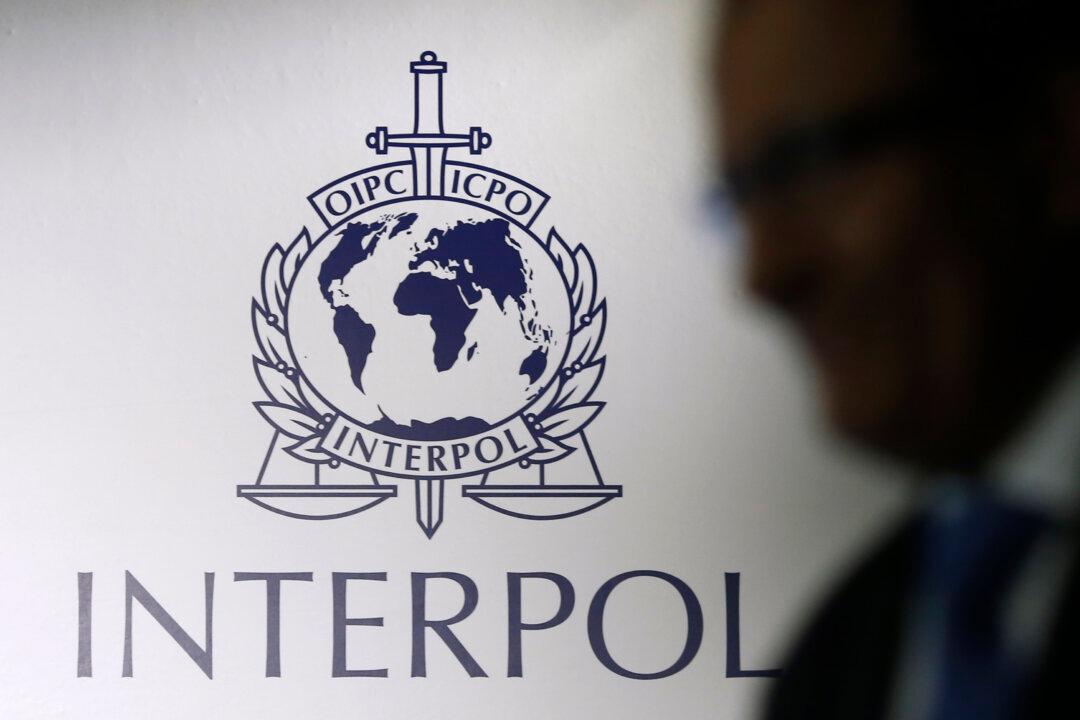Singapore authorities released 40-year-old Dickson Yeo after detaining him for close to a year for investigations. He was picked up when he arrived back in Singapore after serving a 14-month prison sentence in the United States for covertly collecting intelligence for the Chinese regime.
On Dec. 14, Singapore’s Internal Security Department (ISD) announced in a press release it had completed its investigations into Singaporean Jun Wei Yeo, also known as Dickson Yeo.




